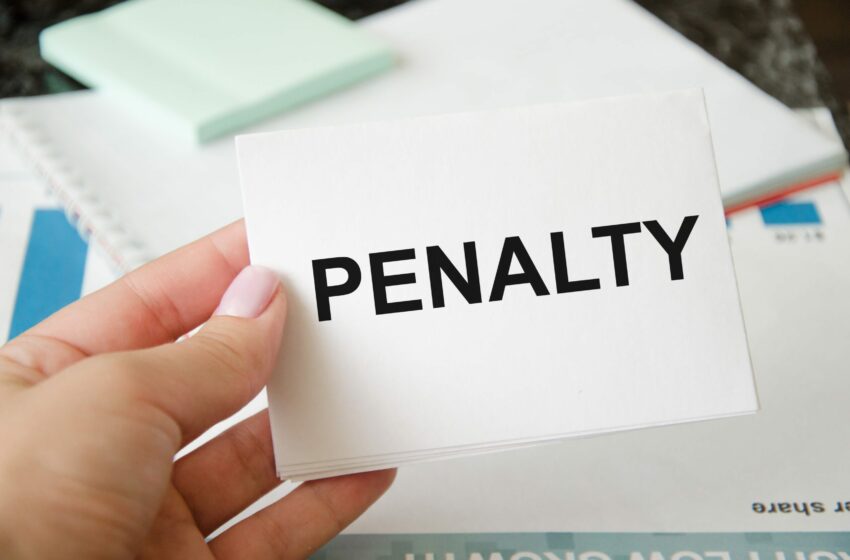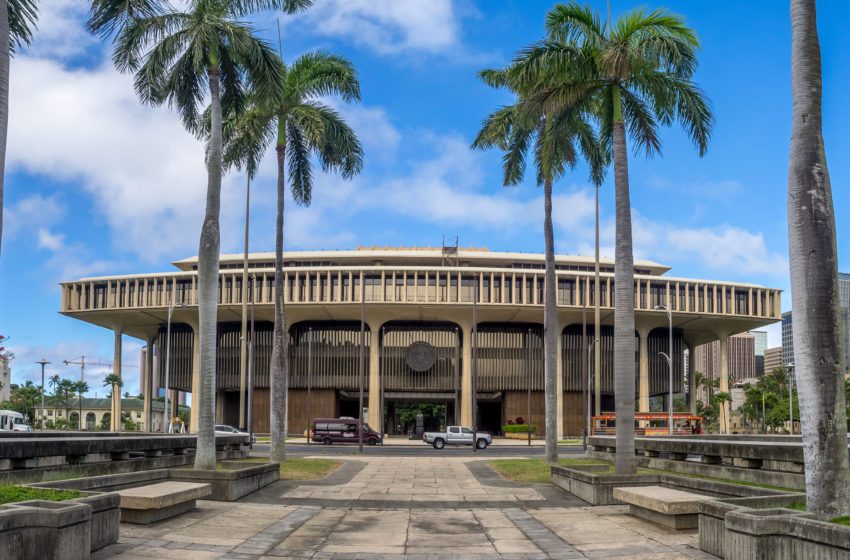
The U.S. Patent Trial and Appeal Board (PTAB) has determined as unpatentable several claims by RAI Strategic Holdings relating to tobacco-heating technology, reports The Winston-Salem Journal.
According to federal law, a claim is unpatentable if “the differences between the subject matter sought to be patented and the prior art are such that the subject matter as a whole would have been obvious at the time the invention was made to a person having ordinary skill in the art to which said subject matter pertains.”
The board’s rulings are the latest developments involving several patent infringement lawsuits between RAI and Philip Morris International.
In November, the U.S. Trade Representative affirmed a legal victory by RAI’s parent company, British American Tobacco, against rival Philip Morris International and its U.S. partner, Philip Morris USA.
On Sept. 29, the U.S. International Trade Commission issued a final determination of a violation of the Tariff Act of 1930 by Philip Morris USA and Altria Client Services as it related to two BAT product patents.
Altria Group, parent of PM USA, asked trade representative Katherine Tai to overturn the ban. The U.S. Trade Representative’s office confirmed no action was taken by Tai.
As a result of the ITC ruling, PM USA is barred from importing PMI’s IQOS 2.4, IQOS 3 and IQOS 3 Duo heat-not-burn cigarette products into the United States.
PMI welcomed the PTAB ruling. “We are extremely pleased with the well-reasoned PTAB decisions, which further demonstrate the futility of RJR/BAT’s efforts to litigate this patent family,” a PMI spokesperson said.
Reynolds said in a statement that “we disagree with the decision finding (the ‘915’ ruling) invalid partially contradicting the International Trade Commission’s ruling, which was based on a highly developed evidentiary record, including a six-day trial with live witnesses.”
Reynolds said an ITC panel and the full commission “agreed with Reynolds’ position regarding the patent.”
PTAB decisions can be appealed for review to the U.S. Court of Appeals for the Federal Circuit, which Reynolds has indicated it will pursue.
Another option for Reynolds, according to the patent board’s ruling, is for Reynolds to amend its patents in dispute or request a reexamination of the challenged patent.











